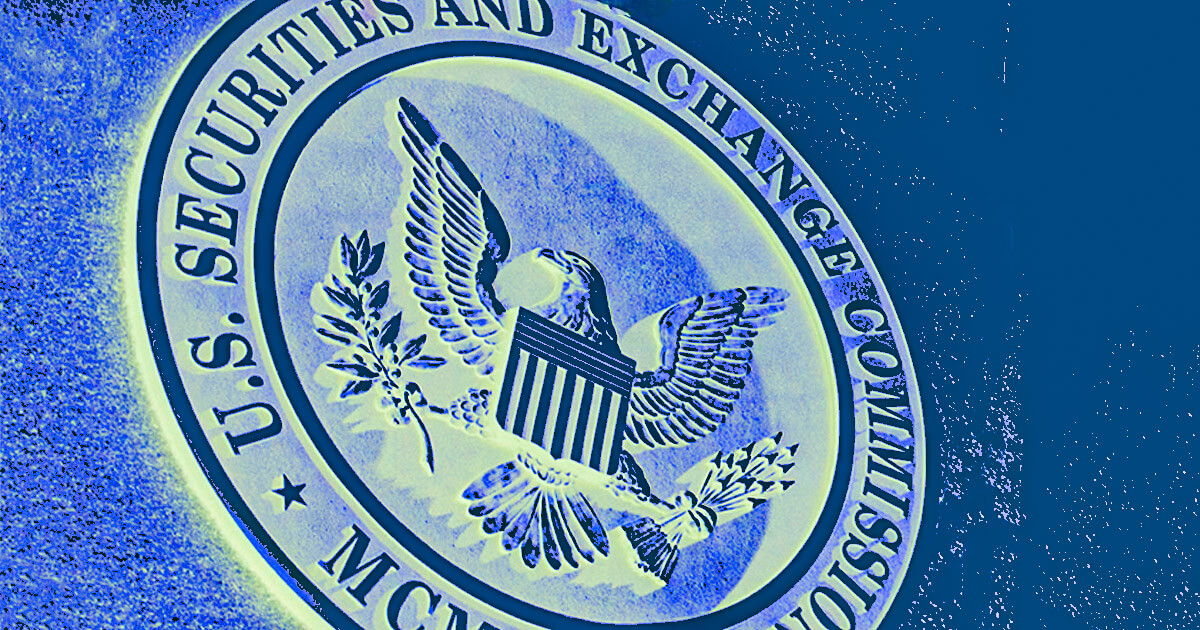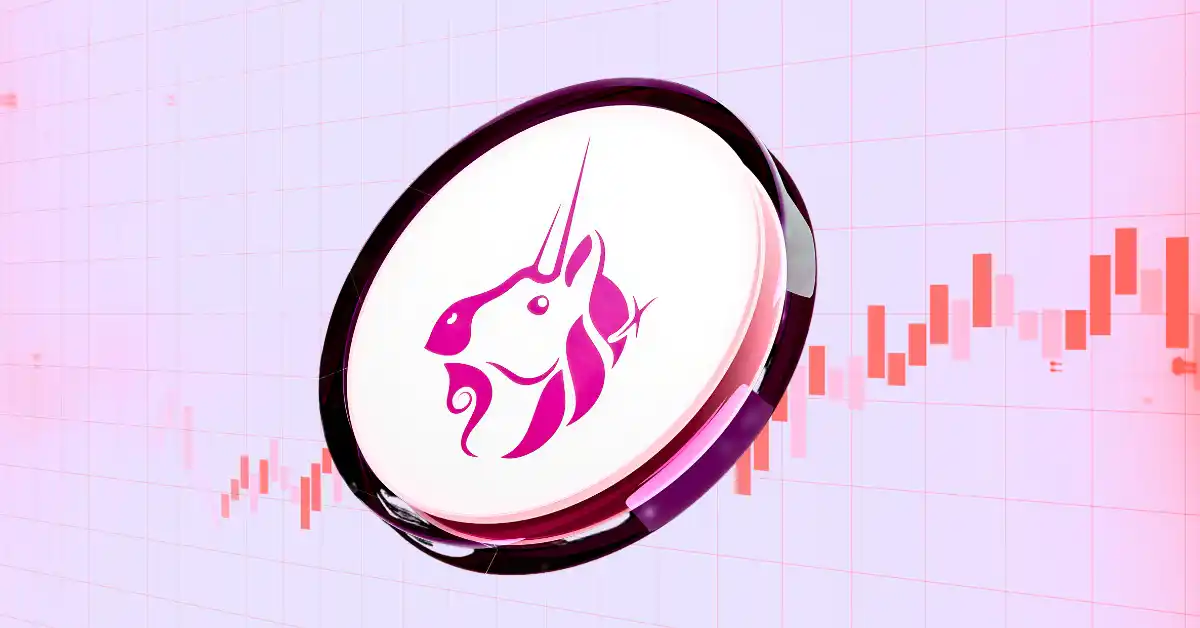With “regulatory clarity” and a new country director, Coinbase says it’s ready to grow in Canada.
American cryptocurrency giant Coinbase sees room to invest and expand in Canada given the country’s “regulatory clarity,” strong developer ecosystem, and crypto-aware population.
This week, Coinbase announced its “official entry” into the Canadian market, describing the move as “a pivotal milestone in [its] international expansion strategy.” However, Coinbase is not new to Canada: the company has operated in the country for years, providing crypto trading services, amassing a sizable employee base, and investing in Canadian startups.
“We’re really excited to be committing to Canada for the long term.”
– Lucas Matheson, Coinbase
As Canada’s securities regulators have cracked down on unregistered crypto exchanges, Coinbase and other unregulated international players have continued quietly offering services to Canadians, which has been a point of contention for compliant domestic competitors. That changed in March when Coinbase took a step towards becoming registered.
Now, with a commitment to working with Canadian regulators, a new country director in Lucas Matheson, and a fresh Interac e-transfer integration in partnership with Peoples Trust Group, Coinbase seems to be taking steps to ramp up its presence in Canada.
In an interview with BetaKit at Toronto’s Blockchain Futurist Conference—where Coinbase was a first-time sponsor this year—Matheson said Coinbase’s goal is “to be a leader in the crypto economy here in Canada,” calling the country its next “go-deep” market.
“We’re really excited to be committing to Canada for the long term,” said Matheson, who joined Coinbase in January. “We’re going to be really active in the market here, and our goal is to help tens of millions of Canadians access the digital economy in a safe way and have the knowledge and tools they need to navigate it confidently.”
For context, Canada’s population is currently about 40 million, so this would mean helping at least a quarter of the country to get into crypto. According to a recent Ontario Securities Commission (OSC) survey, as of October 2022, only 13 percent of Canadians own crypto assets or funds.
Founded in 2012, San Francisco-based, Nasdaq-listed Coinbase is one of the world’s largest crypto exchanges. Per the above OSC survey, Coinbase is the most commonly used crypto-trading platform in Canada.
RELATED: Canadian securities regulators tighten rules for crypto platforms following Voyager, Celsius, FTX collapse
Canada has taken a different approach to crypto regulation than the United States (US), where Coinbase is currently fighting a lawsuit from the Securities and Exchange Commission.
Speaking on stage alongside Matheson at the Blockchain Futurist Conference, Coinbase VP of international and business development Nana Murugesan noted that Coinbase has seen two types of crypto regulation worldwide: “regulation by enforcement,” the tactic taken by the US, and “regulation by engagement,” the approach that Canada has deployed.
As Binance and other foreign crypto-trading platforms pulled out of the country in response to tightening rules by securities regulators following the collapse of Voyager, Celsius, and FTX, Coinbase signalled its commitment to Canada and compliance earlier this year.
In March, Coinbase signed an enhanced pre-registration undertaking, a step in the process of becoming registered with Canadian regulators, committing to a variety of restrictions designed to protect investors.
RELATED: WonderFi, Coinsquare, CoinSmart merge as landmark Canadian crypto deal closes
Coinbase was not alone: some other major foreign exchanges did the same, including Gemini, Crypto.com, and fellow first-time Blockchain Futurist Conference sponsor Kraken, which also views Canada as a target market, given its regulatory environment.
On stage, Murugesan described Coinbase’s go-deep expansion strategy as targeted toward countries with regulatory clarity that enables the firm to bring its full suite of products to market.
“There’s so much regulatory clarity here right now,” he added. “We are so encouraged by that.”
Matheson added that Coinbase currently has “a very positive working relationship” with Canadian regulators.
“We believe that regulatory clarity is critical for the success of this industry and Canada is in a really great position now because we’re close to having all the platforms in Canada regulated and supervised,” he said.
To date, Coinbase has already built sizable roots in Canada, which represents its largest tech hub outside of the US. The American company has nearly 200 full-time Canadian employees, making Coinbase one of Canada’s biggest crypto employers. Per Matheson, the majority of that team consists of engineers.
RELATED: Coinbase to open Canadian office, launches hiring initiative
The firm has also backed eight Canadian crypto and Web3 startups through Coinbase Ventures, including Dapper Labs, Minerva AI, Horizon Blockchain Games, and Tetra Trust.
As Coinbase gears up to expand its presence in Canada, Murugesan said on stage the company had been searching for a Canadian builder and entrepreneur with experience in digital assets to lead its operations before settling on Matheson, who ticks all of these boxes.
Prior to joining Coinbase, Matheson built and sold Pinshape, a Vancouver-based 3D-printing consumer marketplace. After that, he worked at Canadian e-commerce giant Shopify for five years in a variety of roles, most recently as senior director of operations, and helped found its blockchain and crypto team.
Matheson described himself as “very mission-aligned” with Coinbase, noting that he has been a customer for nearly a decade, and had been searching for a role in a digital-asset space.
“I’m excited about the market here,” Matheson said. “I love this country, and I want Canada to be a leader in the global digital economy.”
From a crypto regulation standpoint, Matheson described Canada as “at a good starting point” right now. “Our regulators are still very much finalizing their perspectives on various aspects of crypto, from staking to stablecoins to [central bank digital currencies],” Matheson said. “There’s still a lot of learning and happening and consultation with industry.”
Feature image courtesy Coinbase.
Credit: Source link










.png)


































